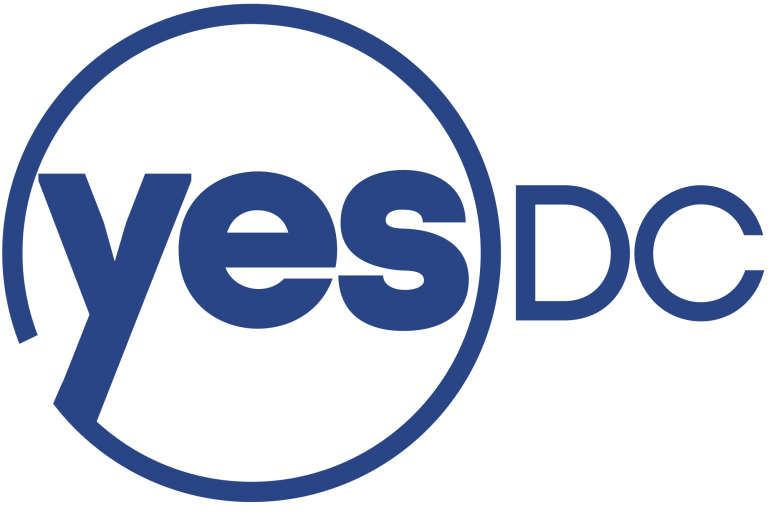
Energy, Architecture & Energy landscapes
[vc_row el_class=”fixed-width removesec-border”][vc_column][vc_column_text]In our search for alternatives to the old way of generating and supplying energy, new solutions emerge where energy-generation is much more integrated with our everyday life. The building sector – including architects and urban planners – are crucial to address the current energy transition. Therefore architects look beyond the size of the fuel tank or where to place the sockets when they design cars, buildings or other things. They are integrating the question of energy into their design, making it a more interdisciplinary effort. Inevitably, the worlds of designers, planners, architects will meet the world of energy consultants.
We have invited two architects who will talk about the link between energy landscapes, design,material and circulair use; How do Architects approach the renewable energy transition. And what has this for implications for our cities and homes?[/vc_column_text][vc_row_inner][vc_column_inner][cm_page_title title=”Speakers” tag=”h3″ text_align=”left” horizontal_rule=”0″][/vc_column_inner][/vc_row_inner][vc_row_inner][vc_column_inner width=”1/2″][cm_page_title title=”Gijs de Waal, Founder at Architectenbureau Gijs de Waal” tag=”h4″ horizontal_rule=”0″][cm_team_member image=”2763″ name=”Gijs de Waal” description=”Gijs de Waal is an Amsterdam based architect. He works on small-scale developments and is involved in the entire process of initiation into the operation of the design of a building. De Waal aims for a complete sustainable process by being selective in material choices and implement circulair processes. Furthermore it’s not just about the building, but de Waal also focus in his designs on what happens in a buidling, with whom, and how. Well known projects from de Waal are cafe Hannekes Boom and Bret at Station Sloterdijk Amsterdam. New projects are in full development in Hoofddorp, Schiphol and Amsterdam-South. The circulair approach as specific sustainable material choices makes de Waal a distinctive senior architect in his field.” socials=”%5B%7B%7D%5D”][/vc_column_inner][vc_column_inner width=”1/2″][cm_page_title title=”Danny van Kessel , Co-founder at the CC-studio” tag=”h4″ horizontal_rule=”0″][cm_team_member image=”2764″ name=”Danny van Kessel” description=”Danny van Kessel believes that sustainability does not need to ‘hurt to do good’. Ecological buildings don’t have to be dull and boring. They can and should be innovative, smart and sensible with powerful and unique esthetics. This is the foundation of cc-studio, an architecture office that van Kessel has founded together with Gerald Lindner and Peter Heideman. Danny strongly believes in intelligent and interactive creative collaborations and will explain how he as an architect approach the energy question in his buildings; diving into the techniques. Illustrated by his national and international projects ranging from an experimental pilot house in a greenhouse, a completely recycled fabric facade house and a climate design for a university in the desert environment of Bahrain.” socials=”%5B%7B%7D%5D”][/vc_column_inner][/vc_row_inner][vc_row_inner][vc_column_inner][cm_page_title title=”Recap Event | 15 June | Energy & Architecture: how will energy determine the design of our homes?” tag=”h4″ text_align=”left” horizontal_rule=”0″][vc_column_text]On June 15, we gathered at the beautiful Senate Room of the University Hall for yet another YES-DC event. What an appropriate location to host two architects! Architects Gijs de Waal and Danny van Kessel exposed the trade-offs in design with respect to materials, energy, aesthetics and social aspects.
Gijs de Waal offered a refreshing perspective on building design by taking circular principles as a starting point. For his most recent project (restaurant Bret near Amsterdam Sloterdijk station), he used locally available materials and waste streams. Even more so, he explained, the building was constructed without a waste container! Although this process takes many extra hours of work, it reduces material costs (which actually balances out the extra labour costs). The downside seems to be the lower energy savings, because of caveats or ill-fitting connections in the recycled material parts.
Danny van Kessel presented a somewhat different view: “A building is not something you finish. A building is something you start.” For his designs, Danny considers all building phases (make – use – change – dispose) from an energy and material perspective. Danny elaborated on this by discussing his ‘house-in-a-greenhouse’ project. This innovative building is located in Amsterdam North and uses a smart design to provide the interior apartments with a Mediterranean climate throughout the year, without the need for extra heating or cooling. A truly inspiring idea!
We would like to thank both speakers and attendees for the fruitful discussion and their enthusiasm. See you next time![/vc_column_text][/vc_column_inner][/vc_row_inner][/vc_column][/vc_row]
Hourly Schedule
Day 1
- 19.00 - 19.30
- Walk in
- 19.30 - 20.20
- Gijs de Waal
- 20.20 - 20.40
- Break
- 20.40 - 21.30
- Danny van Kessel
- 21.30 - 21.45
- Discussion
- 21.45 - 22.00
- Yes-DC announcements
- 22.00
- Drinks

